For 15 years, the United States has worked to eliminate the possibility of another large scale terrorist attack after the nation—and the world—watched two planes crashed into the World Trade Center on September 11th, 2001. Almost 3,000 people died that day, in New York City, at the Pentagon and near Shanksville, PA.
In response, President George W. Bush created the Department of Homeland Security in order to streamline communication between intelligence and law enforcement and working closer with our allies abroad.
But are we safer?
Rep. Michael McCaul, (R) Texas, chairman of the Committee on Homeland Security Committee, says perhaps.
“We are in the highest threat environment since 9/11 but the threat level has changed dramatically pre- 9/11,” McCaul says. “The major difference is that they – now ISIS – they now use the internet to their advantage on a global level to recruit train and radicalize from within.”
McCaul explains there are two major differences between terrorism before 9/11 and terrorism today. Al Qaeda and Osama Bin Laden hid in caves, using primitive means to communicate with supporters and to recruit; the Islamic State is able to contact potential supporters all across the world with modern data technology and social media. Secondly, the kinds of terror attacks have changed.
“Al Qaeda was traditionally looking for were spectacular events, big events, right now you are looking at ISIS, which is more do what you can wherever you can,” says McCaul. “With two directives – come to Syria and fight or kill where you are. The kill ‘where you are’ is what concerns us the most about the homeland, the ability to radicalize over the internet, rise up out of your basement and kill people.”
Recent attacks across the globe – Paris, Brussels, San Bernardino – have raised anxiety in the United States. According to Pew Research, Americans today are more concerned about terrorism than they were a year after 9/11.
According to McCaul, the US not only needs a more serious military strategy but also a way to counter the Islamic State’s narrative.
“I think the military piece is important, drone strikes as well, but drone strikes as well can’t kill an ideology. We have to deal with the ideology and the route cause. We have to reach to the leaders in community.”
See more: Nadia Oweidat on fighting terrorism online
Check out our video for the threat of cybersecurity in relation to terrorism and McCaul’s take on GOP nominee Donald Trump’s friendly attitude toward Russian leader Vladimir Putin.
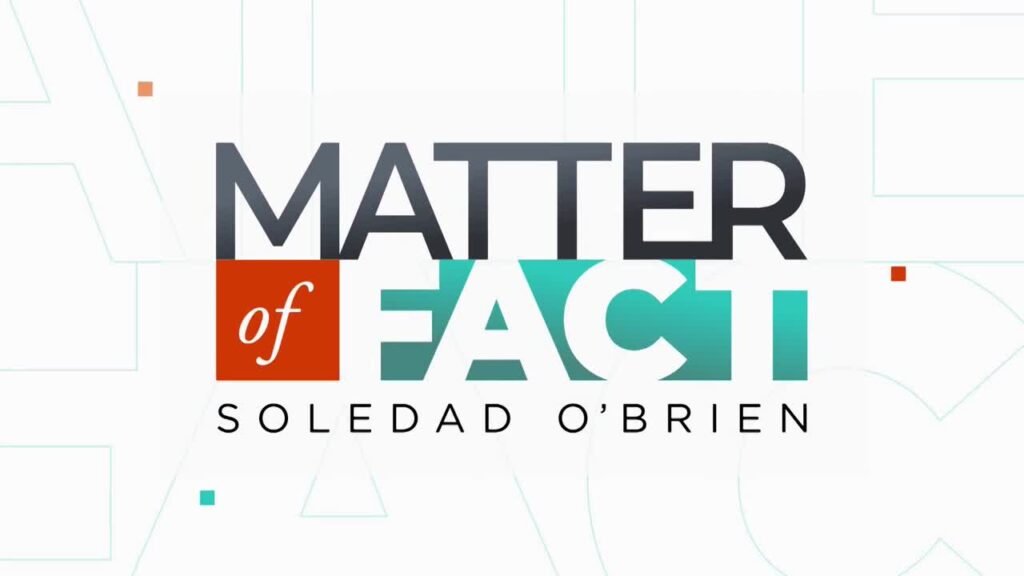
SEPTEMBER 7, 2024
September 8, 2024SEPTEMBER 7, 2024
September 8, 2024This week Matter of Fact travels to Pennsylvania to learn how people over 50 are handling ...
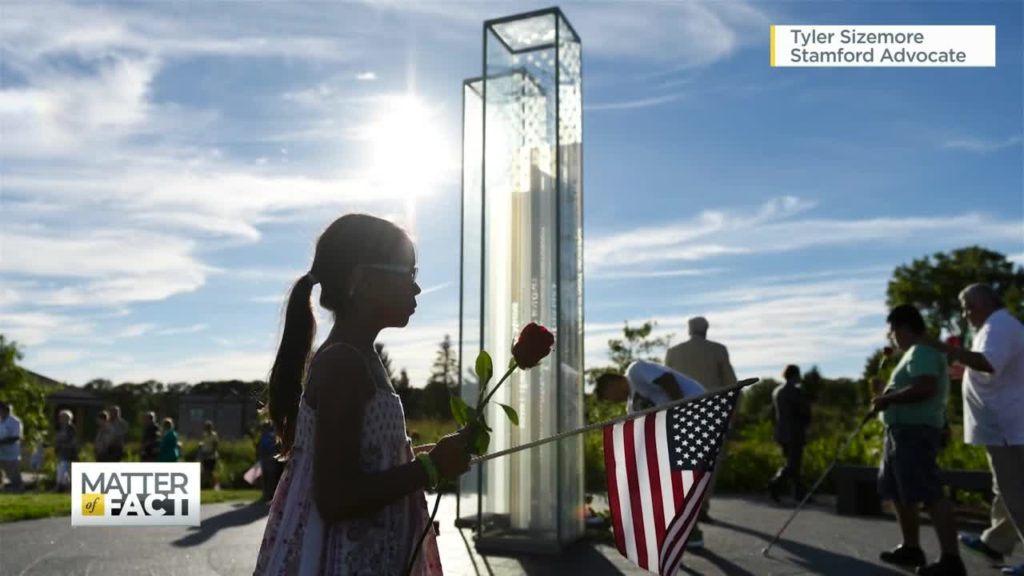
In the Viewfinder: September 11, 2001
September 12, 2021In the Viewfinder: September 11, 2001
September 12, 2021As we commemorate the 20th anniversary of 9/11, we share a series of photos taken by our H...

Director of the 9/11 Pentagon Memorial Remembers His Brother
September 12, 2021Director of the 9/11 Pentagon Memorial Remembers His Brother
September 12, 2021Since 2008, the National 9/11 Pentagon Memorial has been a solemn space for mourners to pa...

How a FDNY Firefighter Is Honoring the Memory of 9/11 Through Her Art
September 12, 2021How a FDNY Firefighter Is Honoring the Memory of 9/11 Through Her Art
September 12, 2021As survivors ran from the crumbling Twin Towers on September 11, 2001, first responders ra...
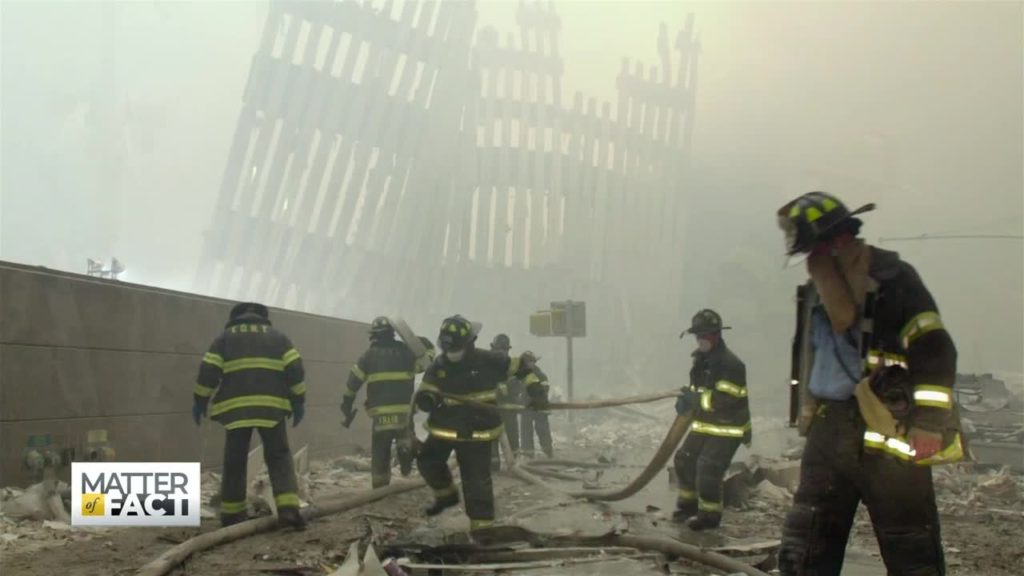
Remembering the Women Who Rushed Into the Towers on 9/11
September 12, 2021Remembering the Women Who Rushed Into the Towers on 9/11
September 12, 2021This weekend marks 20 years since terrorists crashed two planes into the World Trade Cente...
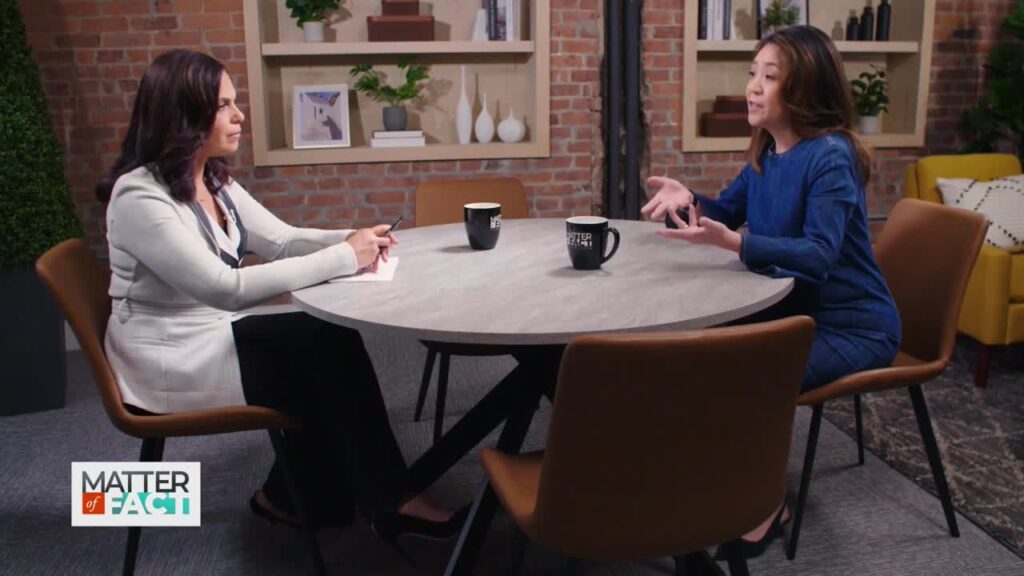
Correspondent Conversation: Joie Chen on Challenges for Stateless Immigrants in the U.S.
October 8, 2023Correspondent Conversation: Joie Chen on Challenges for Stateless Immigrants in the U.S.
October 8, 2023Congress is considering a bill to allow protection for the stateless – people who are not ...
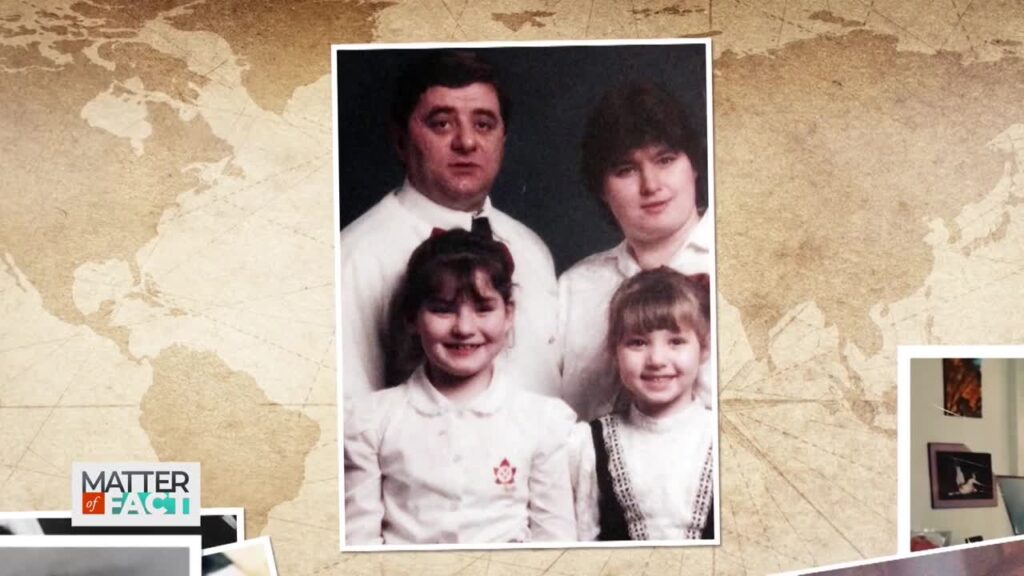
Stateless People Push for Immigration Protection
October 8, 2023Stateless People Push for Immigration Protection
October 8, 2023What happens when no country recognizes you as a citizen? That’s the reality for millions ...

Cherokee Nation Makes Renewed Effort to Finally Seat Representative – Two Centuries After Treaty
December 11, 2022Cherokee Nation Makes Renewed Effort to Finally Seat Representative – Two Centuries After Treaty
December 11, 2022The Cherokee Nation is making a renewed push to finally seat a non-voting representative i...